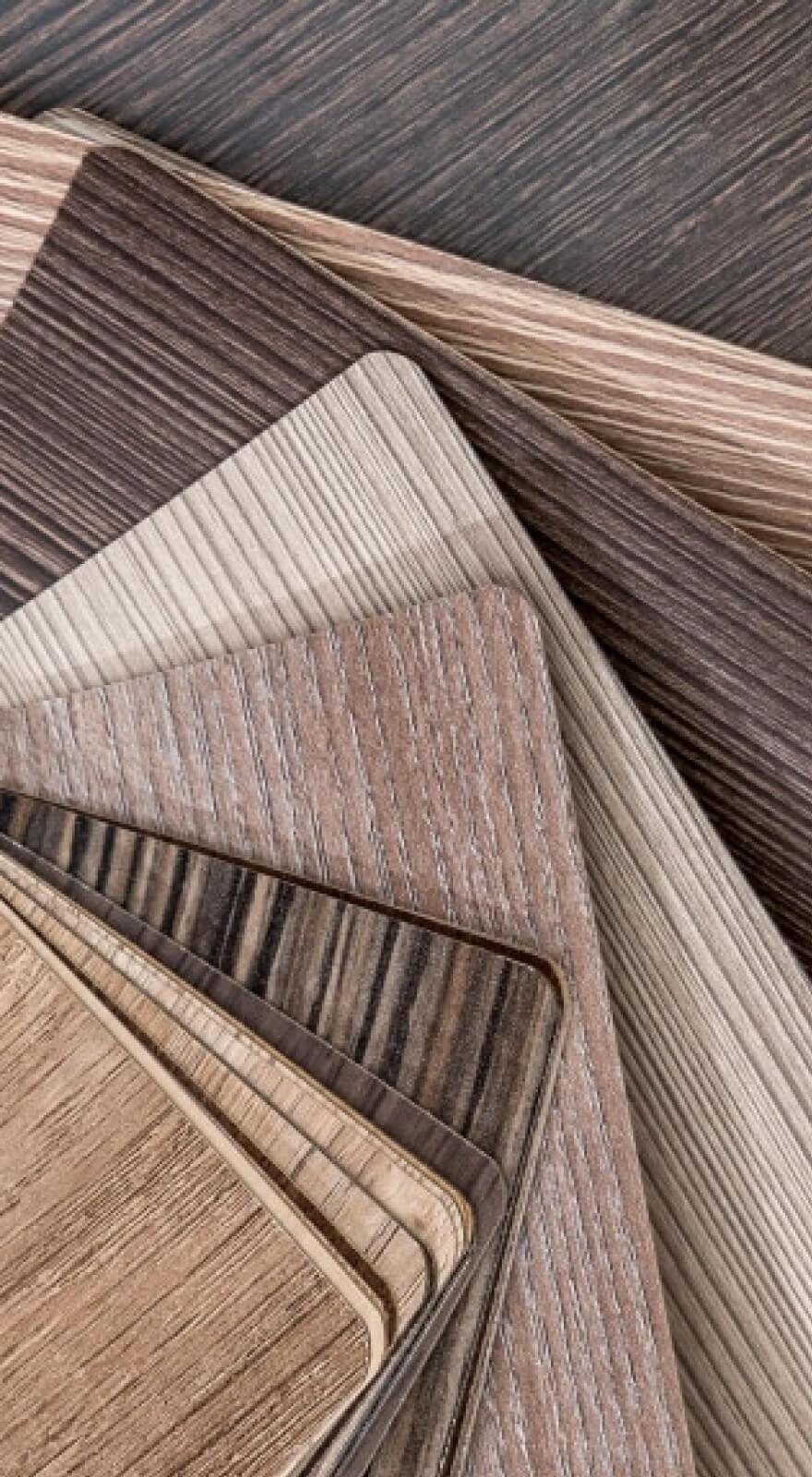Knowde Enhanced TDS
Identification & Functionality
- Chemical Family
- CASE Ingredients Functions
- Technologies
Features & Benefits
Applications & Uses
- Applications
- Application Method
- Compatible Substrates & Surfaces
- Cure Method
- Coating Type
- Suggested Applications
Formulated UV/EB curable products containing EBECRYL® 80 may be applied viadirect or reverse roll, offset gravure, metering rod, slot die, knife over roll, airknife, curtain, immersion and spin coating methods as well as flexographic andscreen printing.
EBECRYL® 80 is recommended for use in:- Fast curing overprint varnishes
- Clear coatings for wood, paper and plastics
- Top coats for wood
- Flexographic inks and coatings
- Screen inks and coatings
- Wood fillers
Properties
- Physical Form
- Appearance
- Clear liquid
- Physical Properties
- Typical Properties
- Cured Properties
| Value | Units | Test Method / Conditions | |
| Functionality (Theoretical) | 4 | - | - |
| Oligomer | 100 | % wt | - |
| Density (25°C) | 1.11 | g/ml | - |
| Weight/amine (Theoretical) | 920 | - | - |
| Value | Units | Test Method / Conditions | |
| Color | max. 60 | Pt-Co | - |
| Viscosity (25°C) | 2700-3300 | cP/mPa·s | - |
| Value | Units | Test Method / Conditions | |
| Glass Transition Temperature | 50 | °C | - |
| Tensile Strength | 6800 (47) | psi (MPa) | - |
| Young's Modulus | 190000 (1310) | psi (MPa) | - |
| Elongation at Break | 7 | % | - |
Packaging & Availability
- Country Availability
- Regional Availability

